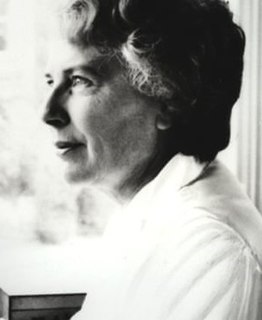A Quote by Rabindranath Tagore
I seem to have loved you in numberless forms, numberless times,
in life after life, in age after age forever.
He who wants to do good, knocks at the gate;
He who loves, finds the door open.
Related Quotes
I can't get over that at this age I don't feel this age. I'm not trying to be any younger. I'm not lying about my age. If I were lying about my age, I would say I was 89. I'm just at one of those good times in one's life. I'm at one of the high spots. I'm healthy enough to enjoy it. I'm surrounded by friends I adore. Isn't that kind of the best way to sign off?
Is despair wrong? Isn’t it the natural condition of life after a certain age? … After a number of events, what is there left but repetition and diminishment? Who wants to go on living? The eccentric, the religious, the artistic (sometimes); those with a false sense of their own worth. Soft cheeses collapse; firm cheeses endurate. Both go mouldy.
To remember love after long sleep; to turn again to poetry after a year in the market place, or to youth after resignation to drowsy and stiffening age; to remember what once you thought life could hold, after telling over with muddied and calculating fingers what it has offered; this is music, made after long silence. The soul flexes its wings, and, clumsy as any fledgling, tries the air again
At my age, and in my circumstances, what sinister object, or personal emolument had I to seek after, in this life? The growing infirmities of age and the increasing love of retirement, daily confirm my decided predilection for domestic life: and the great Searcher of human hearts is my witness, that I have no wish, which aspires beyond the humble and happy lot of living and dying a private citizen on my own farm.
There is a connection, hard to explain logically but easy to feel, between achievement in public life and progress in the arts. The age of Pericles was also the age of Phidias. The age of Lorenzo de Medici was also the age of Leonardo da Vinci. The age of Elizabeth was also the age of Shakespeare. And the New Frontier for which I campaign in public life, can also be a New Frontier for American art.





































